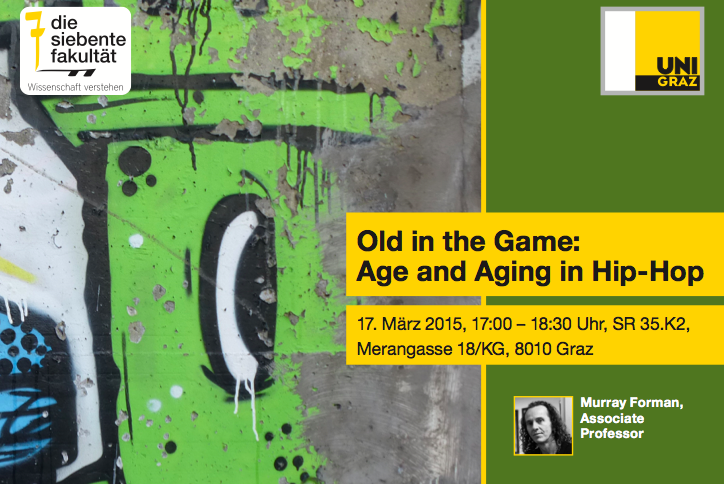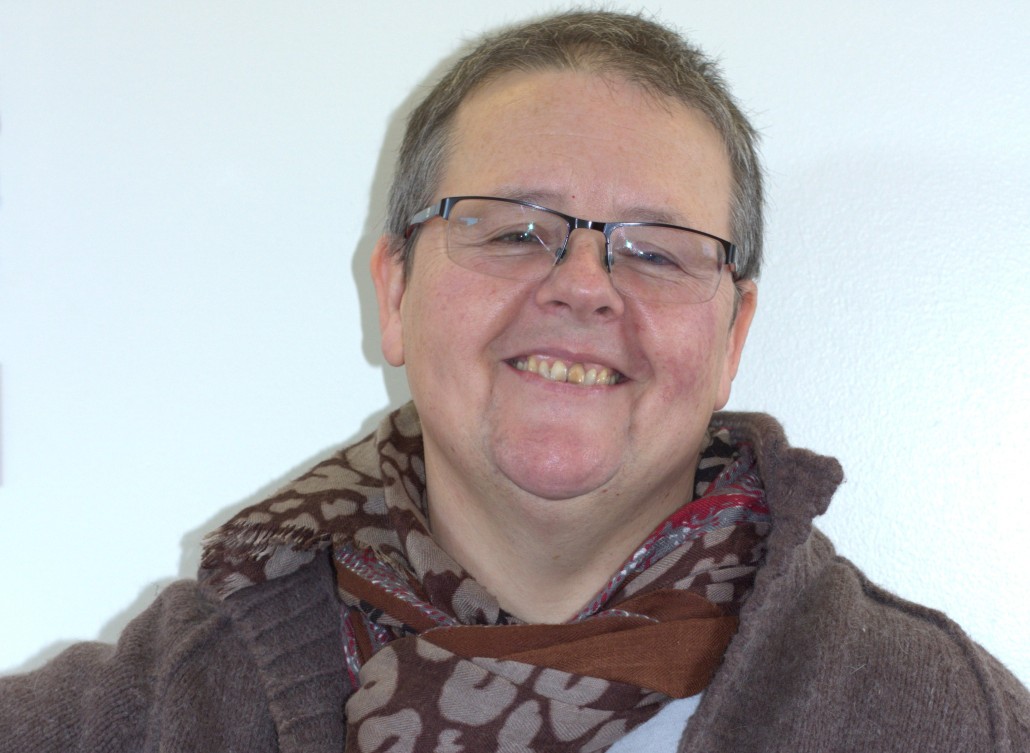By Maude Gauthier and Kim Sawchuk
Wikipedia has become an indispensable source of online information for students and researchers because of its ease of use as well as its reputation as a user-generated encyclopaedia of shared knowledge. Is it?
The representation of women in Wikipedia reveals how Wikipedia remains a space of contestation and struggle. Studies show that less than 15% of contributors to Wikipedia are women (UNU-MERIT Wikipedia Survey 2010; Collier & Bear 2012; Antin, Yee, Cheshire, Nov 2011) and that women are not equally represented on Wikipedia (Reagle & Rhue 2011). Edit-o-thons, known as wiki-storms, have been organized to counteract the low visibility of women on Wikipedia (e.g. Art + Feminism). The ACTipedia project is both a research project that is teaching us about the inner logics and workings of Wikipedia and an activist project to rectify representations of ageing on Wikipedia. At first, our desire was to redress the absence of writing on ageing from an ageing studies perspective in French. Our mission has expanded since then. Since beginning the ACTipedia project, we have created and modified more than a dozen entries in French and English.
One of our most interesting experiences with Wikipedia has been with our attempt to create an entry for Women, Ageing and Media. What our struggle to resist the deletion of the entry indicates is how the notability criteria can be used to eliminate constituencies who are already marginalized- or do not seek media attention- from Wikipedia.
If you would like to know more, please link to WAM’s entry: http://en.wikipedia.org/wiki/Centre_for_Women,_Ageing_and_Media.
In a nutshell: this entry was nominated for deletion almost instantly. It was deleted, re-established, and then re-nominated for deletion. The Wikipedian nominating its deletion admits to a keen interest in MRM, the Men’s Rights Movements, however in justifying his deletions he relies on Wikipedia’s criteria of notability, the idea of neutrality and Wikipedia’s referencing system to justify his position.
Our experience shows how Wikipedia’s criteria are not neutral. Of utmost importance for our case: articles have to be based on third party, non-affiliated sources, which are seen as a guarantee of neutrality. Living persons and research centres must have exposure in mainstream media or have an entire book written about them. Moreover, there are other more specific criteria deemed ineligible such as quotes from the members of WAM, which do not count as they are considered ‘primary sources’ and Wikipedia is based on secondary source material only. The media need to mention the Centre specifically, not only its members, and entries are considered validate only if they describe WAM’s work extensively. These rules are not applied consistently throughout Wikipedia. For example, we have looked at other pages made for research centres (The Newman Centres for example) and noticed that they have not been deleted despite the lack of 3rd party referencing. The references we have chosen have been accused of being “blogspotty” and “tabloid”, generated by WAM researchers or about WAM members with not enough mention of the organization itself.
WAM’s notability is in question because it is an organization that is actively challenging the representations of older women in the media, rather than being an organization that has sought media attention.
We have attempted to restore our entry on WAM by challenging its critics and by referencing the WAM Manifesto, as well as the interventions of members of WAM into various policy realms, one of the demands in the Manifesto itself. If WAM’s entry is deleted, ironically, Wikipedia would be reproducing existing power relations by making research on women and ageing invisible, echoing the relative invisibility of these issues in mainstream media. This is ironic as WAM’s potential deletion is an indicator of the problem of getting women, and the organizations that they found, into the media.
We have also addressed the criticisms by attempting to include the kind of references they requested. The policy is not totally without merit. However, in our current system of under-representation of women in so many of our institutions this heightened state of scrutiny of feminist organizations is troubling. Since mainstream media are not very interested in extensive pieces on smaller research centres, or feminist organizations, we need more strategies to foster inclusion. We are hoping that the addition of the contribution of WAM members to governmental reports in the UK, including to the House of Lords, will help make the case of WAM’s notability.
You can follow our discussion on the proposed deletion talk page and contribute your own arguments if you would like to help us. Consensus on the notability of WAM is important to the outcome of this proposed deletion. Link to the proposed deletion talk page:
http://en.wikipedia.org/wiki/Wikipedia:Articles_for_deletion/Centre_for_Women,_Ageing_and_Media_(2nd_nomination)
We also encourage all of you to mention the organizations that you support in your articles and papers, in your interviews with the media, and in your public policy statements. Otherwise we will continue to live in a cyber-universe that perpetuates a very limited range of imaginative possibilities for women and girls.


